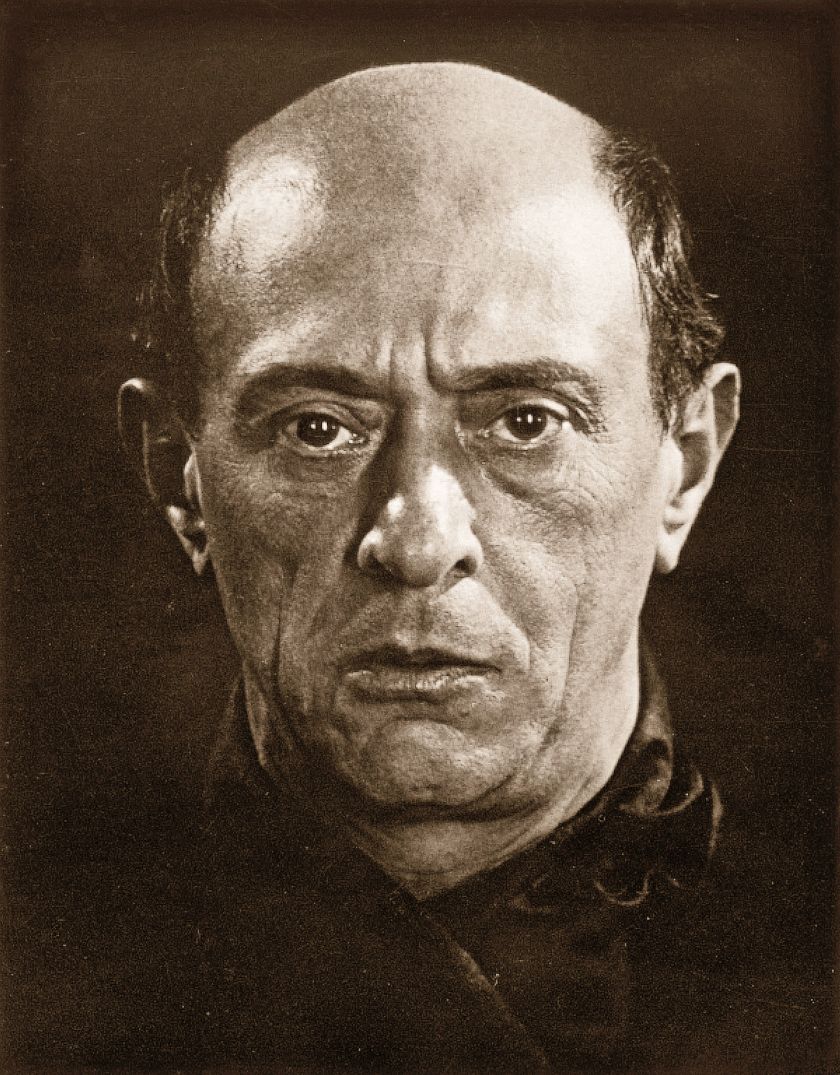A few introductory bars, in which a cluster of austere sounds settle on an emphatic F major chord – and then the famous fanfare of ascending fourths rings out: an electrifying leap into a new era. Is this what a revolution sounds like? Or is it more of an evolution, since everything proceeds according to a logical development of ideas, worked out to the last detail? Arnold Schoenberg saw his Chamber Symphony op. 9 as a ‘genuine turning point’ in his creative practice. But there were many such turning points in his body of work – and to reduce Schoenberg to his ‘method of composing with twelve tones which are related only with one another’ would be to disregard large parts of an extraordinarily rich oeuvre.
Marking the 150th anniversary of the composer’s birth, ‘Time with Schoenberg’ therefore draws attention to the late-Romantic sounds of Verklärte Nacht and Pelleas und Melisande – which are anchored in the world of Wagner’s Tristan – as well as to the creative phase where Schoenberg gradually abandons the idea of a tonal centre. In his String Quartet No. 2, the soprano soloist slips away from the bounds of tonality with Stefan George’s words ‘I feel air from another planet’. A blurring of impressionism and expressionism then takes place in ‘Farben’, the third of Schoenberg’s Five Pieces for Orchestra op. 16. The next turning point is realized at the piano, with music that introduces the twelve-tone technique while retaining a nod to tradition through the use of Baroque dance forms.
Wagner was not the only source of inspiration for Schoenberg; Ludwig van Beethoven, Johannes Brahms, Gustav Mahler and other role models also appear in this concert series, along with Schoenberg’s coeval Karl Kraus, whose public recitations greatly impressed the composer. Franz Schreker, Alban Berg, Anton Webern and Hanns Eisler are among the friends and students who represent Schoenberg’s enduring influence, which extends through to Luigi Nono and contemporary figures such as Olga Neuwirth. Technique, in Schoenberg’s considered opinion, was ultimately irrelevant: he carried on working ‘as every careful composer who possesses a brain and conscience has always done’.
Walter Weidringer / Translation: Sebastian Smallshaw

